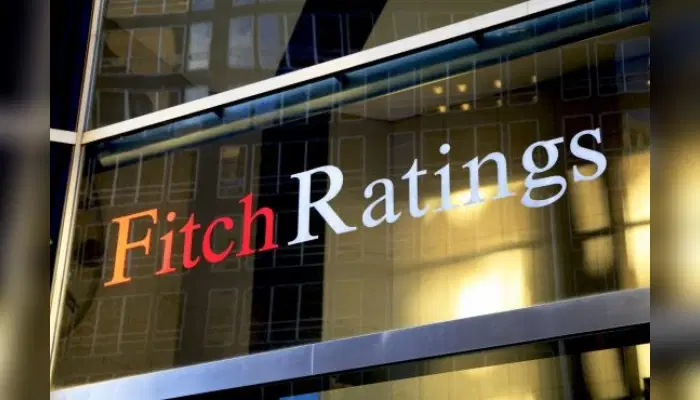International credit rating agency, Fitch Ratings, has upgraded Nigeria’s long-term foreign-currency rating from ‘B-‘ to ‘B’, changing the country’s outlook from negative to stable. This announcement was made in a statement released on Friday, April 12, 2025.
Fitch said the new rating is based on the Nigerian government’s commitment to economic reforms introduced since June 2023. These reforms include exchange rate liberalisation, tightening of monetary policy, stopping the printing of money to fund deficits, and removal of fuel subsidies.
The agency said these actions have brought back confidence in Nigeria’s economy, reduced economic problems, and helped stabilise the system despite ongoing domestic challenges and external risks.
Fitch explained that it expects Nigeria’s current economic direction to reduce inflation gradually and improve the foreign exchange (FX) market. However, inflation will still be higher than other countries with similar ratings.
Fitch also commended the Central Bank of Nigeria (CBN) for introducing an electronic FX matching platform and a new FX code, aimed at improving transparency and efficiency. These changes, alongside tighter monetary policy, have led to increased FX liquidity and more stability in the market. The FX market had suffered a 40% depreciation in 2024.
Official data shows FX inflows into Nigeria increased by 89% in the fourth quarter of 2024, compared to just 8% in the same period of 2023. Although the naira may still drop slightly, Fitch believes the exchange rate is becoming more stable.
To fight inflation, the CBN raised interest rates to 27.5%, increasing it by 8.75 percentage points since February 2024. Fitch predicts Nigeria’s inflation will average 22% in 2025 and fall to 20% by 2026. This is still far above the 4.3% average for countries in the same rating category.
The agency warned that if the CBN eases monetary policy too early, it could undo recent improvements.
On the issue of external reserves, Nigeria’s gross reserves rose from $32 billion in mid-2024 to $41 billion by the end of the year. However, it dropped slightly to $38 billion due to debt payments. The CBN stated that net reserves rose to $23 billion at the end of 2024, up from $4 billion the previous year.
Fitch pointed out that FX swaps make up 14% of the gross reserves, down from 25% in November 2024, showing efforts to reduce foreign exchange liabilities.
Fitch also estimated Nigeria’s current account surplus to be 6.6% of GDP in 2024, and expects it to average 3.3% of GDP in 2025 and 2026.
In the oil sector, Nigeria is expected to benefit from increased crude oil output. Production is set to rise to 1.43 million barrels per day (excluding condensates) in 2025 and 2026, up from 1.34 million in 2024. The Dangote Refinery is also expected to grow its capacity to 0.65 million barrels daily by mid-2025.
Despite the improvements, Fitch warned that challenges like poor investment in the oil sector and regular disruptions are keeping production below pre-2019 levels.
On international trade, Fitch said U.S. tariffs will likely have little effect on Nigeria, as 92% of its exports to the U.S. are oil-related and not affected by the tariffs. However, the agency warned that a drop in global oil prices could seriously affect Nigeria’s economy and government income.
Fitch concluded that Nigeria now has more room to make economic decisions and is better prepared to handle future economic shocks.
